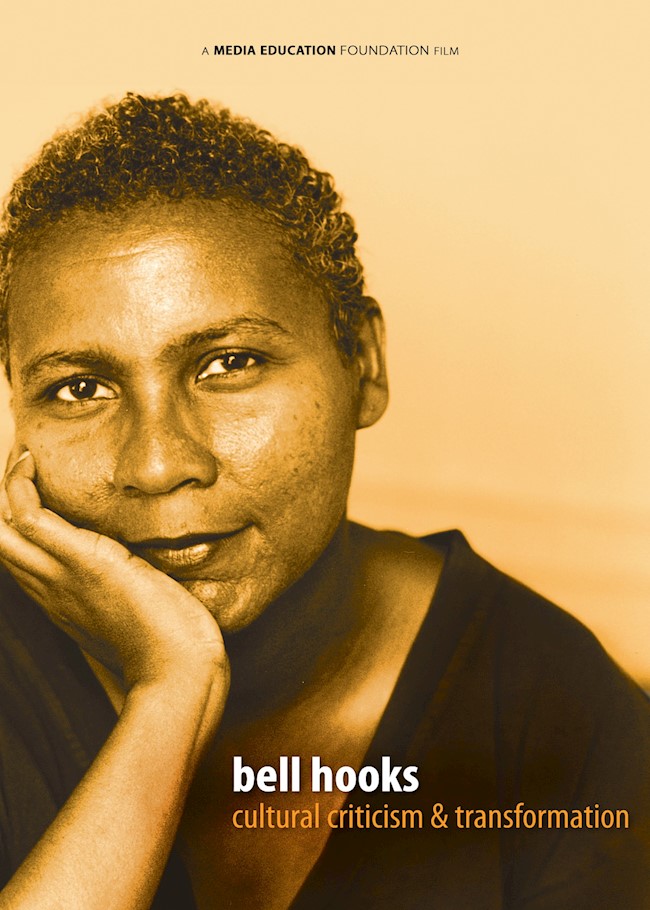Comfy Clothes, Crime Shows, & Critical Thinking

I am 3 episodes into the new Netflix series The Fall of the House of Usher by Mike Flanagan. It is quite the departure from Flanagan's The Haunting of Hill House as none of the main characters are likeable. The Ushers are a family of vapid pharmaceutical billionaires and I find myself lighting up with each of their deaths. It feels like anti-capitalist trauma porn and leaves my stomach a little queasy. It is not the sight of a human body ripped apart by a chimpanzee, but my glee in why it happened. Spoiler alert— the chimpanzee was a medical device test subject and the body was a publicist who spun the family's greed into charity. Yes, it is a work of fiction. No one really died. No animals were harmed, but why am I so entertained by it? Why are we entertained by trauma?
Director of the horror movies Get Out and Us, Jordan Peele spoke about morbid curiosity with trauma:
When you’re on a road, and there’s an accident [and people are rubbernecking], what you’re talking about [is] trauma as entertainment. It’s intrinsic enough in our DNA that traffic slows down when there’s a spectacle to be seen, a bad spectacle. … Everyone likes some form of horror or darkness. We need it. We need to contend with these things, whether it’s coming to see my movies or your procedural television that just goes to the darkest place of all time every night, but somehow you go to sleep OK. We need this. Horror [films] and the people who try to capture their nightmares and show it. I have to think and hope that it provides some catharsis for some people.
I do love horror movies. I spend the month October indulging in the Halloween offerings by all the streaming services. My spouse and I have been watching a different movie every evening as the sun starts to set. By the end of the movie, we are sitting in the dark with just the glow of the credits on the TV screen. It is cathartic as we taunt and dissect the characters in the movie. Why do they never turn the lights on when investigating a startling noise? Their children are terrified at night, but the parents still force them to sleep alone. Why would go into a house that your dog refuses to enter?
Where I draw the line is true crime. Turning other people's tragedy into your own entertainment. I didn't always feel this way. I used to binge Forensic Files and serial killer documentaries, fascinated by the horrible things people did to each other in real life. Trying to figure out their motivations for torturing and slicing up other human beings. This changed when true crime hit my hometown and touched my family in 2018.
I will not go into details. This happened to a family close to my family, one of my mother's friends. A kind woman I have known since I was around 10 years old who did not deserve to die in the terrifying way she did. Here is a link for the curious. I will use JC when discussing this incident further.
One of the last salacious true crime documentaries I watched was HBO's 2017 movie Mommy Dead and Dearest. It is the story of Gypsy Rose Blanchard and the death of her mother, Dee Dee. Much of the story centers around the abuse by Dee Dee towards Gypsy in the forms of Munchausen by proxy, neglect, and isolation. The climax of the film is when Dee Dee is murdered by a person Gypsy met online. Towards the end of the movie, you realize Gypsy has been giving her interviews from prison. This movie also made me queasy and uncomfortable.
Gypsy is an abused, uneducated child. She was failed many times over. They interviewed doctors who did not believe Gypsy was ill, but none of them reported Dee Dee for child abuse, a mandatory requirement for medical professionals. They performed unnecessary surgeries at the behest of Dee Dee. (WTF!) Her father was completely absent. Sure Dee Dee was manipulative and moved far away, but he never made an effort to connect with his daughter. He was remarried and starting a new family. The filmmakers insinuate that Gypsy went along with the abuse even though she knew better. Like Gypsy agreed to pretend to be wheelchair bound so she could go to Disney World.
She did plan the murder, but I don't know if she really understood the consequences. Dee Dee had told her that she filed papers with the police that stated Gypsy was mentally incompetent and they would never take her seriously. Put yourself in her place and think about what you would do. I would know that it's bullshit. There is no such paperwork filed with the police. But I did not live Gypsy's experiences. One cannot truly understand her mindset unless you lived it. I don't think Dee Dee deserved to die the way she did, but I also don't think there are any earthly consequences suitable for child abusers.
There are slight similarities in JC's and Gypsy's experiences. During JC's three month ordeal, people speculated about what was happening and that was the most hurtful. I would tell people I know the family and I would appreciate if they kept their shitty comments to themselves. Of course this just brought on more questions. The audacity of some people is fucking astounding. Then I'm the rude one when I get upset and tell them to mind their own business.
This experience changed the way I view entertainment based on true stories. People are rabid for true crime. I see memes and T-shirts proclaiming love for murder. Why? Why is the worst day of someone's life our entertainment?
Margie Ratliff, the daughter of Michael Peterson from the Netflix and HBO shows The Staircase, has been doing trauma therapy to deal with the fallout. Decades later people still approach her to ask about her father's guilt vs. innocence. Facebook comment sections debated which show they like better without consideration that this is her real life. The HBO series depicts three different views of her mother's death. Who the fuck would want to have that on display for all the public to view? How is this ethical?
Amanda Knox wrote a piece for NBC News which states:
It can be hard to imagine what this is like if you haven’t been at the center of a true crime “story” as I have. But try to imagine that tomorrow, you discovered a new eight-part docuseries dissecting your parents’ divorce, who cheated on whom, the claims of emotional distance, the lies, the fights in front of the children. And the showrunners never consulted you or asked your permission. It hardly seems in the public interest, but what makes the murder of JonBenet Ramsey in the public interest? Just because it’s shocking?
I feel guilty that it took having a true crime incident brush against my family to change my perspective. That I lacked empathy for the people involved in these cases. It's like when men change their perspective of women after they have a daughter with total disregard for their own wife and mother. Why does something have to happen to us before we can empathize with others?
I don't have any answers for these questions I pose. The answers in my brain keep swirling and changing, but it is through these swirls that we can transform. My favorite graduate school course was a humanities elective about pop culture which introduced me to bell hooks.

This course presented a snippet of an interview of hooks from 1997 titled Cultural Criticism & Transformation. It fucking blew my mind as it felt like hooks was describing what was swirling in my brain. Hooks provided me with the words I was seeking for our oppressive system: "imperialist, white supremacist, capitalist, patriarchy." Hooks validated my love of pop culture by stating it is "the primary pedagogical medium for masses of people globally who want to... understand the politics of difference."
It is what hooks said about critical thinking as transformation that really struck me:
My own sense is that the most enabling resource that I can offer as a critic or an intellectual professor is the capacity to think critically about our lives. ... Thinking critically is at the heart of anybody transforming their life and I really believe that a person who thinks critically, who, you know, may be extraordinarily disadvantaged, materially, can find ways to transform their lives, that can be deeply and profoundly meaningful in the same way that someone who maybe incredibly privileged materially and in crisis in their life may remain perpetually unable to resolve their life in any meaningful way if they don't think critically.
You may be wondering if I am going to loop astrology or tarot into this post as I usually do. Those were not my intentions with this post. JC's story has been sitting in the recesses of my mind, but today it has sprung forth from my fingertips. It is a New Moon/Solar Eclipse in Libra. Typically this is time to set intentions and eclipse energy may be transformative. Maybe instead of lighting a candle, burning herbs, or pulling tarot, we can use the power of our minds for ritual. Transform our lives through critical thinking.
I will leave you with one more quote from hooks that I ask you to ponder the next time you are scrolling Netflix or your podcast app:
And the issue is not freeing ourselves from representation. It's really about being enlightened witnesses when we watch representations, which means we are able to be critically vigilant about both what is being told to us and how we respond to what is being told.
